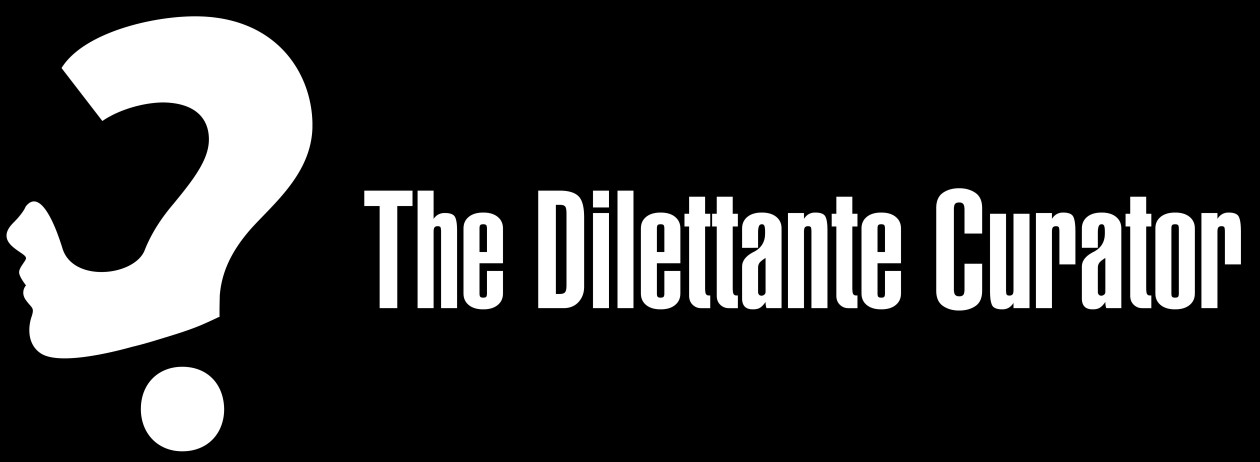….and the amazing scale of Big History
Working out on the treadmill one morning, Bill Gates saw videos of lectures by David Christian and became interested in Big History.
Conventional history, that many of us were taught, is the story of humankind since the last seven to ten thousand years, But in a dramatic departure Big History goes back (hold your breath) 13.8 billion years! Yes, history right from the beginning of the universe: The Big Bang. And no, it isn’t just the history of the cosmos, nor is it solely about human endeavor. This narrative on how humankind fits into the universe is interdisciplinary: taking from cosmology, astronomy, chemistry, astrobiology, classical and quantum physics, as well as various social sciences. Do watch this 18-minute introduction by David Christian in Ted talks.
Let’s step back a moment and look at the origins and the evolution of the academic discipline of history – the recording, narration and analysis of the story of humankind. Recorded history, as opposed to oral or mythological, is said to go back about 6 thousand years and uses verifiable evidence such as archives, monuments, coins, etc. Mythology and legends, on the other hand are rich with imagination; and would therefore not stand up to objective scientific scrutiny. The chronicles of King Arthur as well as the Mahabharata and Ramayana would be considered myths, although they may have been based on real-life events.
Herodotus is generally considered the “Father of History” and wrote the founding work of western history in the 5th century BC. He defined the scope of his work “….to preserve the memory of the past by putting on record the astonishing achievements of both the Greeks and the Barbarians; and more particularly, to show how they came into conflict”.
For a long time history was mostly a chronological listing of the activity of rulers and dynasties, cataloging their achievements and accomplishments (the failures of the patrons were ignored or at best glossed over). Will & Ariel Durant’s seminal work, the 11-volume “Story of Civilization” set out to explore the human past in an integrated manner. Conditions which encourage or impede civilization were studied: geological, geographic, economic. And so were political organization and the techniques for the transmission of accumulated knowledge, experience and culture.
In the second half of the last century the study of history moved from being a humanities subject to one of the social sciences. While archaeology, anthropology and sociology have always been important, tools from other scientific disciplines were included – linguistics, genetics, paleography, metallurgy. Radiocarbon dating, invented in 1940, now accurately determines the age of an object up to 60,000 years ago.
Today, by going back on an enormous time-frame, Big History brings together the humanities and sciences into an integrated account, a coherent narrative of how things are what they are today. It tells the story of the universe and our place in it.
But what all this this have to do with the richest man on the planet? The curious gazillionaire.
Inspired by what he saw, and wishing he could have been taught like that in school, Bill Gates decided to support the Big History Project. Donating his own money, he set out to have it included in the high school syllabuses, initially in the USA and Australia. It started with 5 schools in 2011, and this year will be offered free to 15,000 students in 1,200 schools. There is a great interactive website for the public and takes about 5 hours to go through all the chapters. And you don’t have to be rich – it’s free!
History shows us how we got to where we are now, and where we stand in the larger scheme of things.
“Most of us spend too much time on the last twenty-four hours and too little on the last six thousand years” Will Durant
And in the time-frames of Big History:
“If the Universe began 13 years ago, then at this moment…
…the earth would have existed for 5 years…
…our own species for 55 minutes..
…and modern industrial societies been around for 6 seconds.”
Now how’s that for perspective?
References:
http://theconversation.com/big-history-why-we-need-to-teach-the-modern-origin-story-10405
http://www.gatesnotes.com/Education/Big-History-for-Everyone
http://apcentral.collegeboard.com/apc/members/courses/teachers_corner/180101.html
Romila Thapar: The Past As Present: Forging Contemporary Identities Through History


Great blog Bahskar! You have a fantastic writing style. Keep it coming